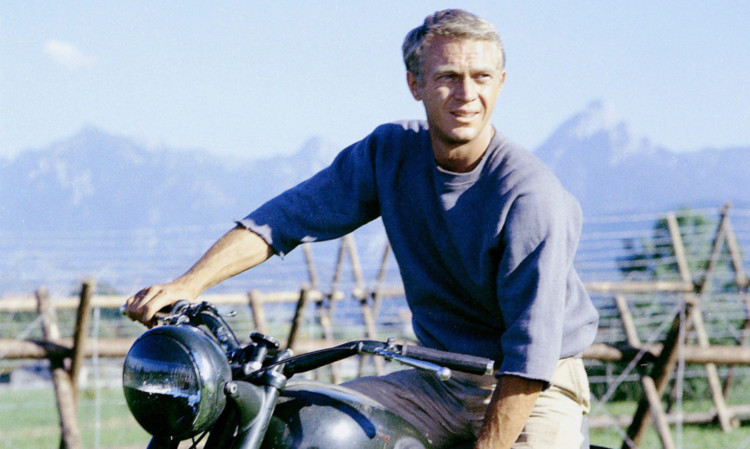
A string of war deserters went on to become famous figures.
You would think being a deserter would be a bit of a hindrance for your future career prospects.
After all, desertion or going AWOL (Absent Without Leave), as our American cousins would say is the most serious military crime.
And indeed, for many absconders their chances of finding another source of employment were swiftly scuppered by a firing squad.
But for some, deserting didn’t stop them becoming extremely successful and famous.
Maybe Benny Hill got the idea of ending his show by being chased by a bevy of scantily-clad beauties from his own experiences of being chased around the country after he received his call-up papers in 1942.
Benny ignored them, thinking the Army would never catch him, but two burly Military Policemen grabbed him while he waited in the wings of a Cardiff theatre.
He was posted to the Royal Artillery as a driver, before transferring to the Combined Services Entertainment unit. He later complained about being treated “like a criminal”.
Steve McQueen’s most famous role was as Air Force pilot Hilts in The Great Escape but in fact, he’d previously deserted the Marines.
The “King of Cool” met a girl and stayed with her instead of reporting back to his unit, and when the Shore Patrol nabbed him he got 41 days, the first 21 on bread and water.
Another actor who often played the hero, Arnold Schwarzenegger, shares a similar history. The “Austrian Oak” was called up for national service aged 18 in 1965, at the same time he was due to compete in the Junior Mr Universe competition.
Arnie simply scaled the barracks walls and caught a train to Stuttgart, where he won with a perfect score. On his return, he was thrown in the brig, but the papers got hold of the tale of the young soldier winning the title and made such a fuss, the army released him with an admonition.
Forgiveness would become another deserter’s stock-in-trade, Joseph Ratzinger, who became Pope Benedict XVI. In 1945, the 18-year-old German was just one of thousands to throw away his weapons and leave his unit outside Munich.
He was stopped by an SS detachment who had orders to shoot deserters on sight, but they allowed the youth to head for home, with the Pope later writing: “Thank God they were men who had had enough of the war and did not want to become murderers.”
Less fortunate was one Percy Toplis, known as the “Monocled Mutineer” on account of his habit of dressing as an officer, complete with said eyewear.
He deserted from the Army both during and after the First World War, but his luck ran out when he was hunted down by 160 policemen and shot by a marksman after an exchange of gunfire.
Some might feel that fate was more deserved of Frankie Fraser, the notorious gangster, who deserted no fewer than four times during the Second World War.
“Mad” Frankie was captured each time, but spent almost no time actually serving and boasted he never once had time to put on a uniform, preferring to be a profiteer on London’s black market
General Custer gained notoriety for being massacred with his cavalrymen at the Battle of the Little Bighorn. But he was lucky to still be in uniform having been placed in command of a remote fort in Kansas some years before.
When his wife failed to join him on the expected date, he abandoned his post and took 75 men to search for her, taking several weeks. Custer was court-martialled and suspended from duty for a year.
Just a few years previously, in 1861, Huckleberry Finn author Mark Twain spent a few weeks serving in the Confederate Army at the beginning of the American Civil War.
But he burned down a barn trying to cook his breakfast and broke his arm falling out of the hayloft of another, so headed home to resume his writing career instead. Sounds safer!

Enjoy the convenience of having The Sunday Post delivered as a digital ePaper straight to your smartphone, tablet or computer.
Subscribe for only £5.49 a month and enjoy all the benefits of the printed paper as a digital replica.
Subscribe